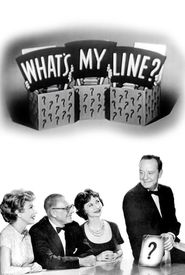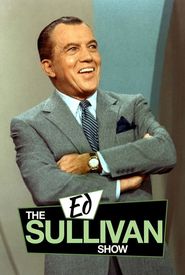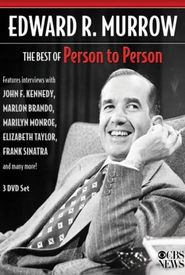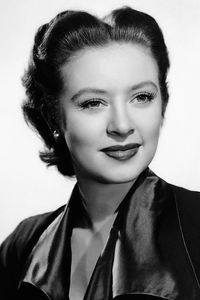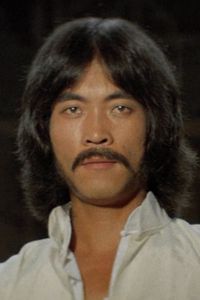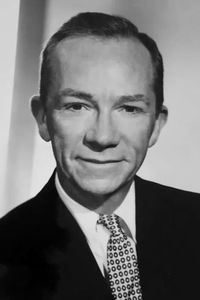Hildegarde Loretta Sell, professionally known as Hildegarde, was a renowned American cabaret singer, celebrated for her iconic song "Darling, Je Vous Aime Beaucoup". Born in New Holstein, Wisconsin, as a Roman Catholic in a family of German descent, Hildegarde was raised with a strong sense of tradition and culture.
She began her musical training at Marquette University's College of Music in the 1920s, laying the foundation for her future success. Throughout her illustrious career, Hildegarde worked in vaudeville and traveling shows, captivating audiences across the United States and Europe.
The title "The Incomparable Hildegarde" was bestowed upon her by esteemed columnist Walter Winchell, while Eleanor Roosevelt affectionately referred to her as the "First Lady of the Supper Clubs". Her striking features, including her luscious hazel eyes and blonde hair, earned her the nickname "a luscious, hazel-eyed Milwaukee blonde who sings the way Garbo looks".
At the peak of her popularity in the 1930s and 1940s, Hildegarde was booked in cabarets and supper clubs for at least 45 weeks a year, with her recordings selling hundreds of thousands of copies. Her admirers included soldiers during World War II, King Gustaf VI Adolph of Sweden, and the Duke of Windsor. Accompanied by renowned band leader Carroll Gibbons on some of her recordings, Hildegarde's performances were often broadcast on NBC Radio's "Raleigh Room" program.
Known for her elegant sense of style, Hildegarde wore stunning gowns and long gloves, which later inspired Miss Piggy's signature look. A master of flirtation, she regaled audiences with risqué anecdotes and showered men with long-stemmed roses. Her performances often featured waltzes with dignitaries, including a U.S. Senator.
Hildegarde's influence extended beyond the entertainment world, as she popularized the trend of using a single name among performers. Her investments and endorsement deals with various companies, including a bottled-water company, barley vitamins, and a bathtub device, provided her with a comfortable income throughout the rock era.
From the 1950s to the 1970s, Hildegarde continued to thrive, appearing in television specials, touring with the national company of Stephen Sondheim's musical Follies, and releasing record albums. Her celebrity status led to appearances on popular television programs, including What's My Line?, where she was correctly guessed by Dorothy Kilgallen.
Hildegarde's impact on the entertainment industry was profound, inspiring legendary performers like Liberace, who acknowledged her influence on his own shows. She was featured on the cover of Life magazine in 1939 and became the namesake of a Revlon lipstick and nail polish shade.
Throughout her life, Hildegarde remained a beloved and respected figure in the entertainment world, passing away at the age of 99 on July 29, 2005, in a Manhattan hospital due to natural causes.

